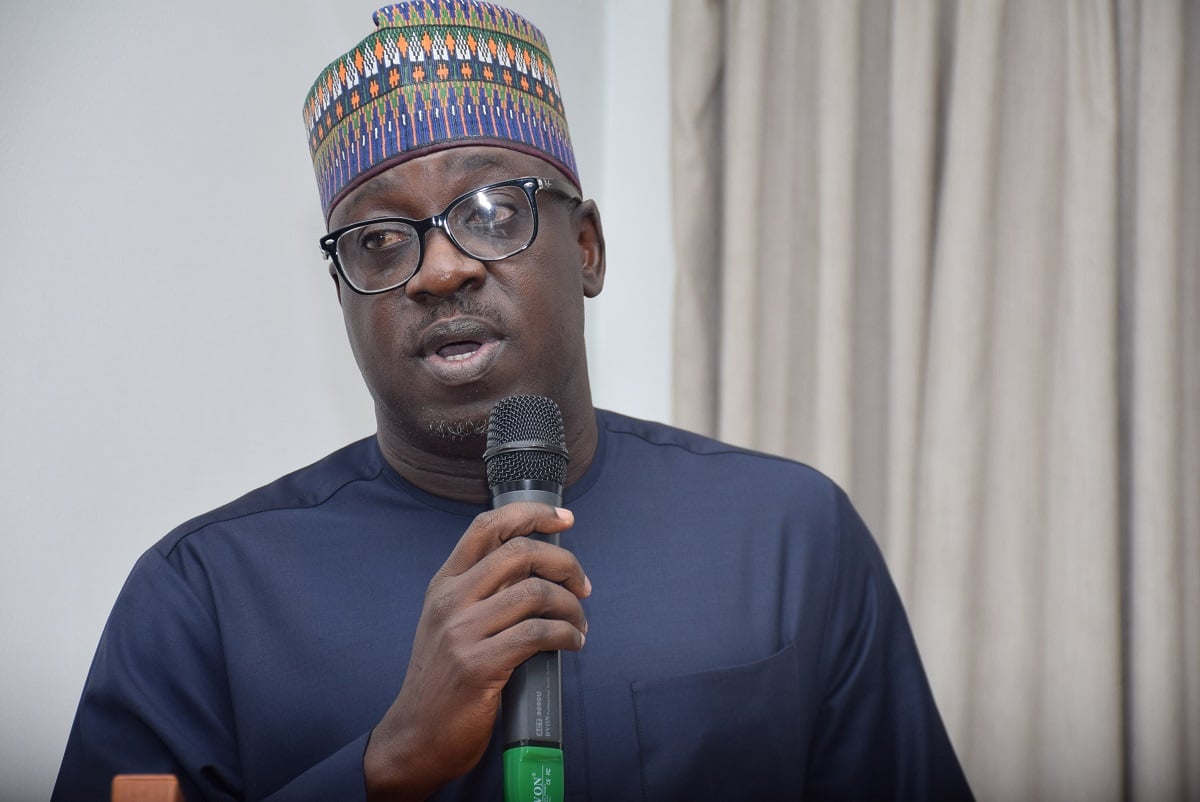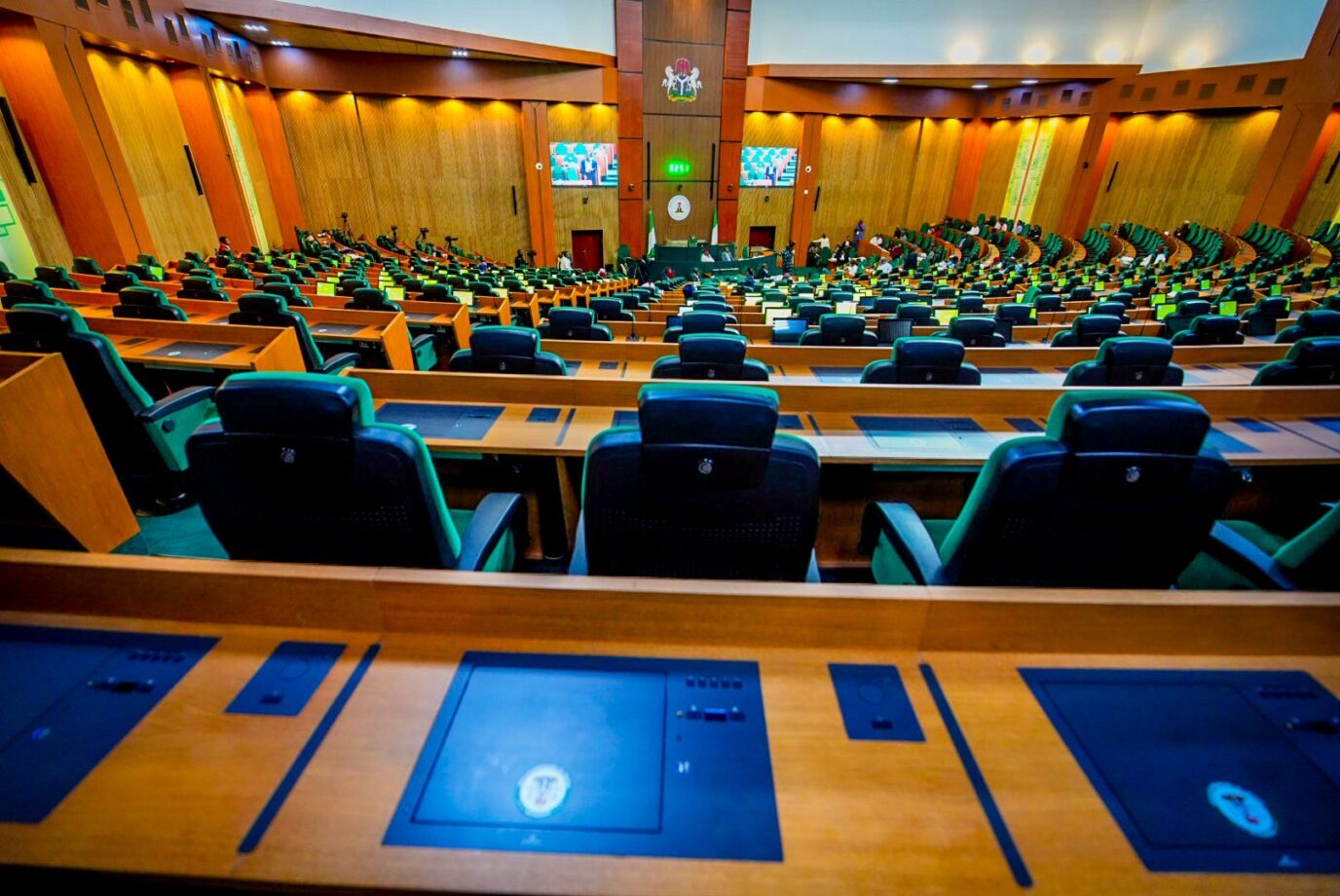Despite the city’s rapid population growth, the number of rental households in Lagos has remained unchanged at 1.38 million between 2016 and 2025, even as the city added 750,000 new households within the same period. This revelation, contained in The State of Lagos Housing Market Vol. 3 Report, underscores the widening housing crisis in Africa’s most populous city.
According to the report, Lagos’ population has risen from 21 million in 2016 to a projected 24 million in 2025. With an average household size of four, the number of households grew from 5.25 million to six million in less than a decade. Yet, while the share of households that rent declined from 83% to 77%, the absolute number of renter households has remained stagnant, pointing to affordability challenges that are forcing many families into informal housing, overcrowded units, or makeshift self-built homes.
Rents Soaring Beyond Reach
For many Lagosians, the housing deficit is a daily struggle for survival. “My rent in Ejigbo jumped from N400,000 in 2020 to N1.1 million by 2024,” lamented Kunle Adebayo, a mid-level civil servant, revealed to Moji Delano. “My salary has barely increased by 10% in that time. It feels like landlords are just out to squeeze tenants dry.”
In Ojodu Berger, Chiamaka Umeh, a small business owner, echoed similar frustrations. “A two-bedroom flat that went for N350,000 just four years ago is now N1.3 million. I had to move my family farther away from town. The commute is killing, but at least the rent is cheaper.”
Experts attribute the surge to several factors: in-migration from other states, gentrification of Lagos suburbs, inflation-driven construction costs, and improved infrastructure in certain areas. But residents say arbitrary rent hikes, enabled by greedy landlords and exploitative agents, have made matters worse.
Babatunde Adeshina, a teacher living in Ogba, described his experience as “a constant battle.” “Agents now charge you multiple fees upfront, sometimes as much as 30% of the rent,” he said. “And landlords change terms without notice. You feel trapped.”
A Widening Deficit
The 2025 housing market report revealed that housing demand has grown from 4.36 million units in 2016 to 4.62 million in 2025. Supply improved modestly, from 1.42 million units to 2.58 million. Still, Lagos faces a staggering housing deficit of 3.4 million units, made up of 620,000 units in quantitative shortfall and 2.78 million units classified as poor-quality housing.
The report further noted that Lagos requires nearly 228,000 new homes every year to meet demand and replace dilapidated stock. Actual delivery, however, falls far below that benchmark.
What Can Government Do?
The Lagos State Government has, in recent years, promised reforms, including enforcing monthly rental payments to reduce upfront financial burdens and cracking down on exploitative practices by landlords and agents. However, implementation remains weak, and many residents argue that the promises have yet to translate into relief.
Urban planning experts suggest a multipronged approach:
- Expand affordable housing schemes through public-private partnerships.
- Enforce transparent rent regulations to curb arbitrary hikes.
- Promote rent-to-own models for middle- and low-income earners.
- Revitalize slums with basic infrastructure, rather than pushing residents into informal settlements.
“Lagos cannot sustain a situation where demand grows unchecked while supply lags this far behind,” warned Dr. Funmi Alade, a housing economist. “The city’s population is projected to keep rising, and without urgent intervention, we are looking at a housing crisis that could destabilize livelihoods and even social order.”
The Human Toll
At the heart of the numbers are families making impossible choices. Some cut back on food and healthcare just to pay rent. Others endure long commutes from distant suburbs where housing is cheaper. Many more live in overcrowded apartments, sharing facilities with multiple families.
“The housing crisis in Lagos is no longer abstract,” said Ngozi Eze, a market trader in Ikorodu. “It is choking us every day.”
As Lagos marches toward a projected population of 30 million by 2035, the housing situation looms as one of the city’s biggest tests. Without bold reforms and a strong political will to act, the dream of secure and affordable shelter for millions of Lagosians risks slipping further out of reach.












